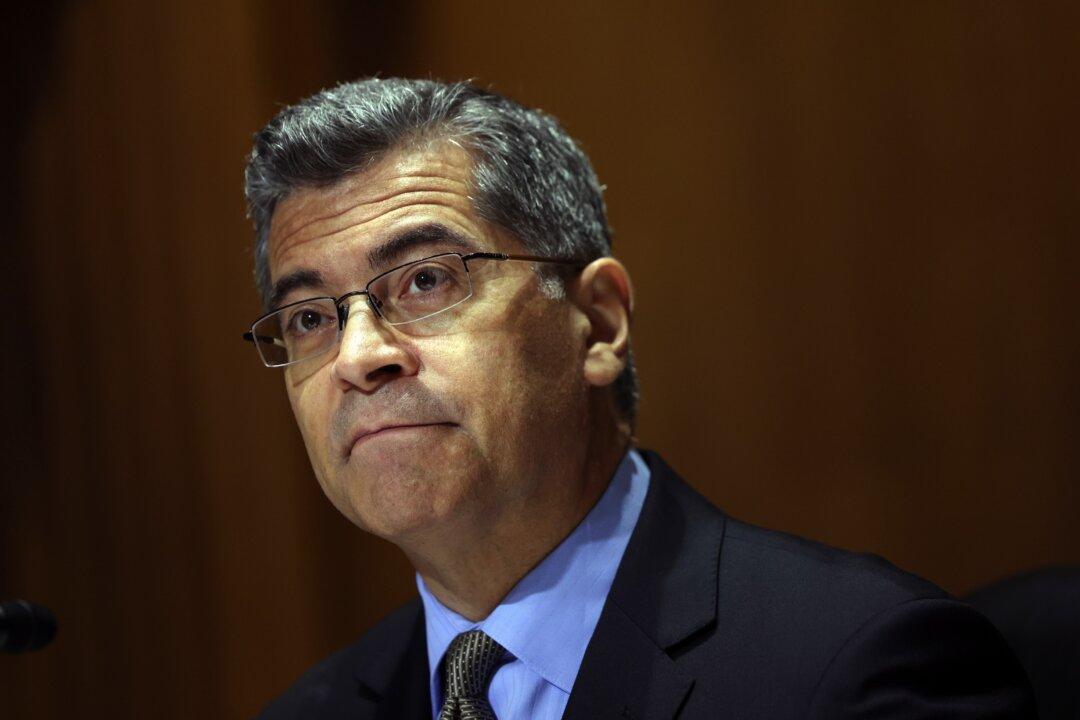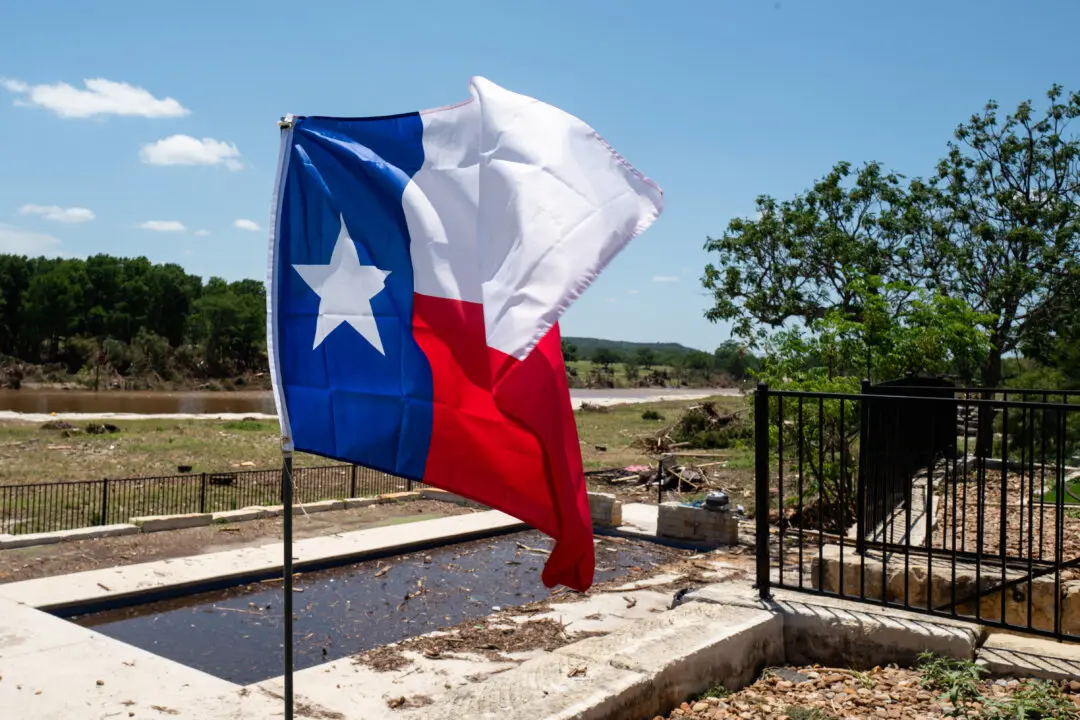Following through on one of President Joe Biden’s executive orders, the U.S. Department of Health and Human Services (HHS) has launched the new Office of Climate Change and Health Equity (OCCHE).
HHS officials claimed it would adapt “lessons learned” from the government’s COVID-19 response to address the effects of climate change on public health, in a message met with a mixture of approval and, in some quarters, deep concern about government overreach.





